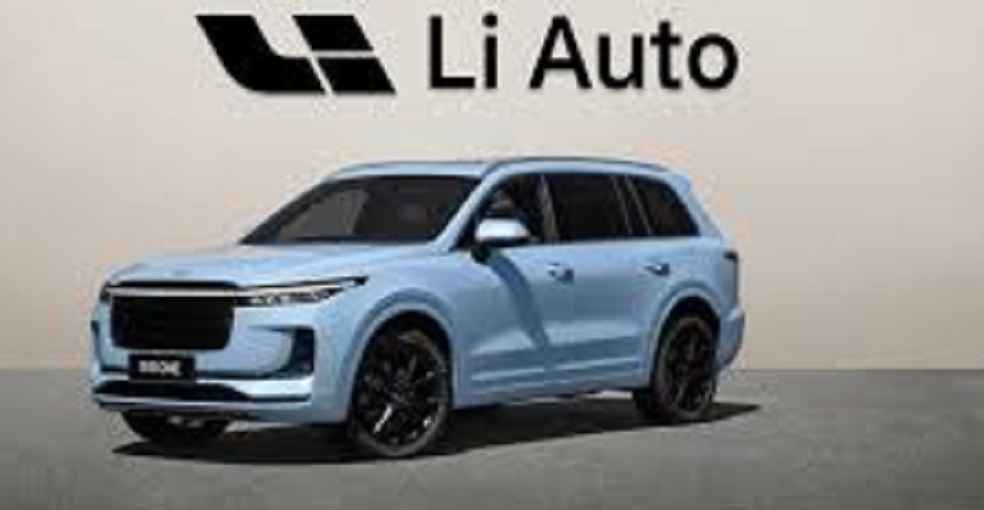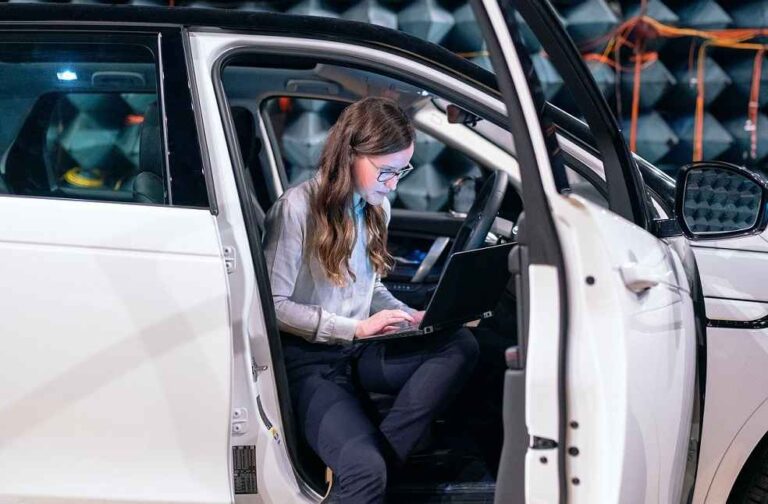Chinese new energy vehicle (NEV) manufacturer Li Auto has inaugurated its first overseas research and development (R&D) center in Munich, Germany. The center aims to deepen collaboration between China and Germany in the rapidly growing NEV sector.
The Munich R&D facility will collaborate with Li Auto’s Chinese team to develop next-generation vehicle technologies, including power semiconductors, smart chassis systems, electric drivetrains, and advanced vehicle design. Additionally, the center will focus on understanding the European market, aligning with local regulations and consumer preferences to deliver innovative and family-friendly mobility solutions.
“This R&D center marks the official start of Li Auto’s global strategy,” said Ma Donghui, president of Li Auto. “It will also serve as a cornerstone of our AI core strategy, with nearly half of our R&D investment currently directed toward AI technologies.”

Li Auto’s move comes as China cements its position as the world’s largest NEV market. By the end of 2024, Li Auto had delivered over 1.1 million vehicles, with more than 500,000 deliveries recorded in a single year for the first time. According to the China Association of Automobile Manufacturers, China’s NEV production and sales in 2024 reached record highs of 12.88 million and 12.87 million units, respectively, representing year-on-year growth exceeding 34%.
The establishment of the Munich center is a milestone for China’s NEV industry, fostering cross-national collaboration and aligning with global efforts to advance sustainable mobility.
Qiu Xuejun, China’s consul general in Munich, emphasized the broader implications of Li Auto’s expansion. “This center will promote mutually beneficial cooperation between the Chinese and German auto industries, accelerating the green transformation process and supporting the global automotive industry’s transition toward sustainability,” he said.

Germany’s automotive sector is similarly advancing its transition to green and intelligent mobility, seeking closer ties with China’s NEV industry. German companies have increasingly invested in China, attracted by its advanced manufacturing capabilities and market potential.
Volkswagen, for instance, recently established its largest overseas R&D center in Anhui Province, focusing on NEV technologies to enhance competitiveness in China. Similarly, Bosch launched its commercial vehicle China headquarters in Jiangsu Province, underscoring its commitment to China’s NEV and intelligent driving sectors.
Leaders in both nations see these developments as a pathway to a greener automotive future. Stefan Hartung, chairman of Bosch’s board of management, said, “China plays an essential role in our global strategy. Our collaboration will contribute to a low-carbon transportation future, not only in China but globally.”
NEW LAUNCH | BYD Unveils World’s Largest Car Carrier, Expanding Global EV Dominance





